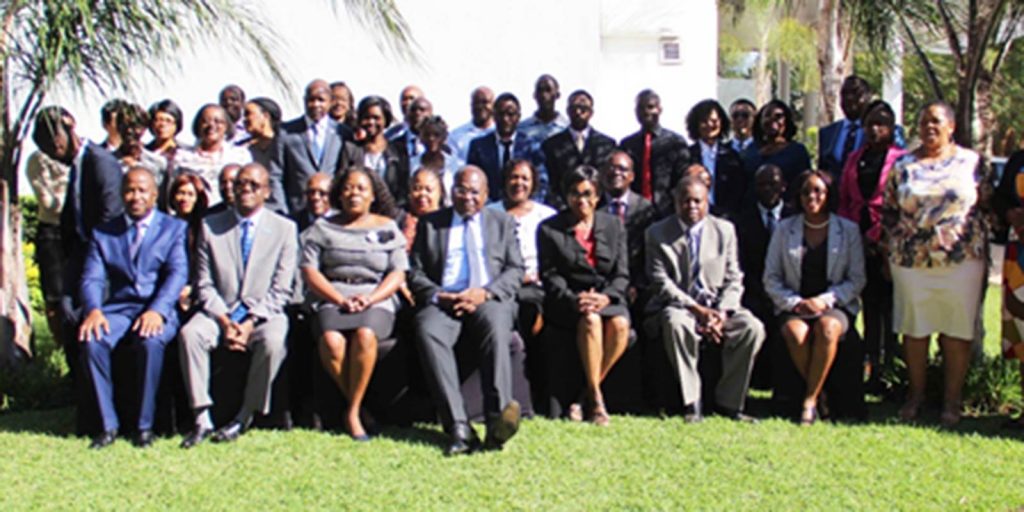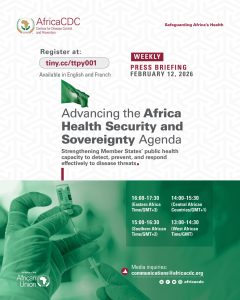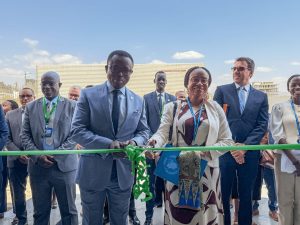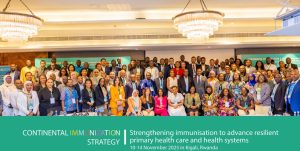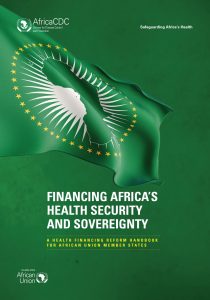Member State experts from the Southern African region agreed early May on key steps to build a network of laboratories to increase collaboration for improved disease detection and rapid response. The meeting brought together laboratory experts from 10 countries in the region, Angola, Botswana, Lesotho, Malawi, Mozambique, Namibia, South Africa, Swaziland, Zambia and Zimbabwe. The meeting developed an action plan for public, private, academic, and individual laboratories to connect in a network within their countries and across Southern Africa. The meeting was facilitated by the Africa Centres for Disease Control and Prevention (Africa CDC) and the African Society for Laboratory Medicine (ASLM).
“Laboratory systems and networks are critical components of disease surveillance, outbreak response, and basic health care of individuals. With the rise in emerging and re-emerging infectious diseases in the region we need to bring together our laboratory capacities and assets at country and regional levels for improved disease detection to facilitate rapid response,” said Hon. Dr. Chitalu Chilufya, the Minister of Health of the Republic of Zambia.
Through its Regional Integrated Surveillance and Laboratory Network (RISLNET) initiative, Africa CDC is supporting countries to map and strengthen the quality of existing laboratories as well as connect them together in a network for rapid exchange of information and specimens. RISLNET seeks to harness all public health assets in Africa to improve surveillance, control and elimination of priority public health conditions using African resources.
Over the past decade, substantial progress has been made in strengthening national laboratory systems in Africa. However, emerging infectious diseases, health threats, and resource limitations present formidable challenges to the continent. The Ebola virus disease (EVD) outbreak in West Africa emphasised the great need to strengthen health, diagnostic response, reporting systems and workforce development in Africa. Southern African committed to catalyse action towards the development of a draft framework for national laboratory strategic plans and laboratory mapping at country level.

